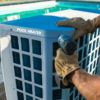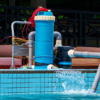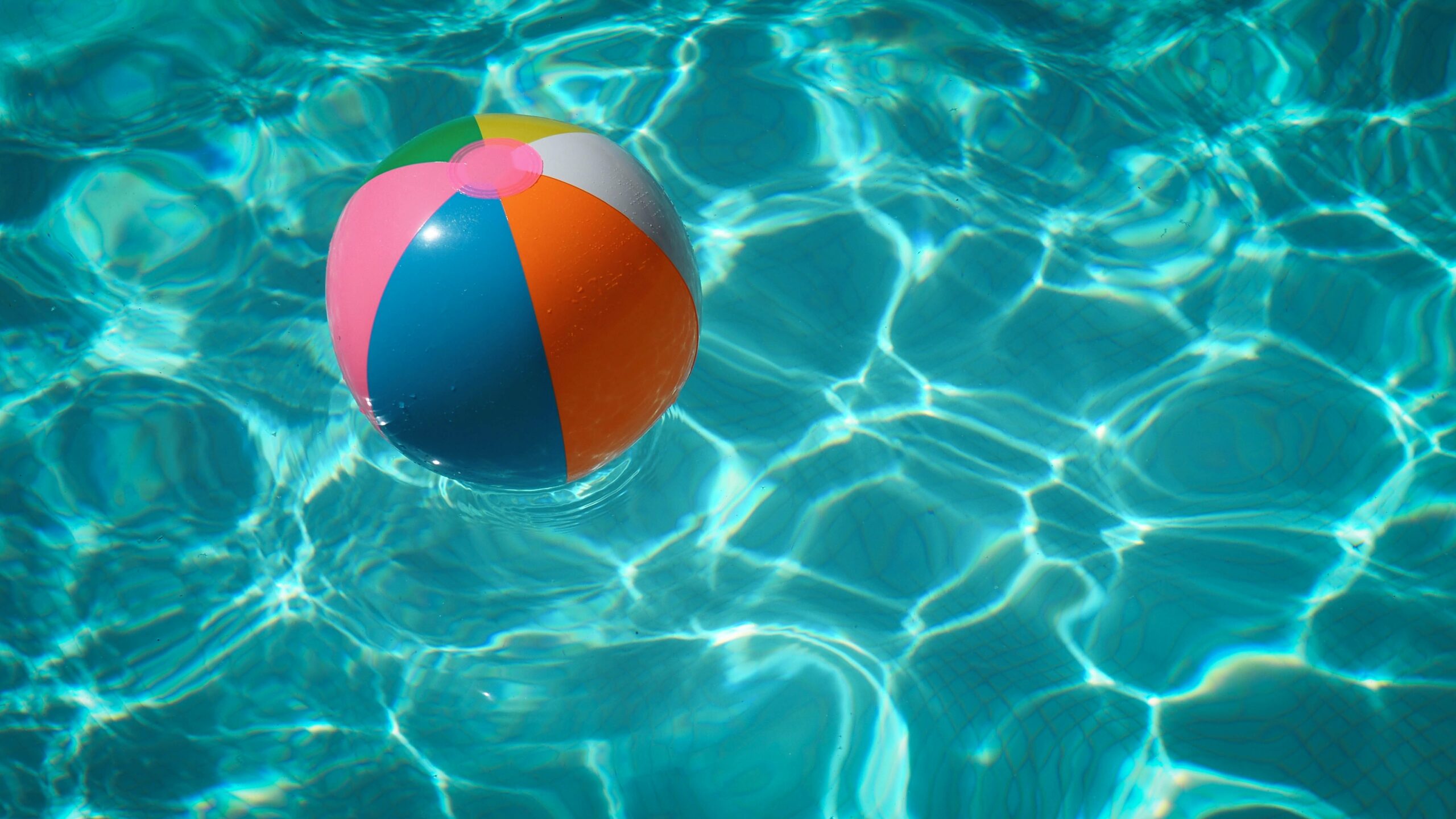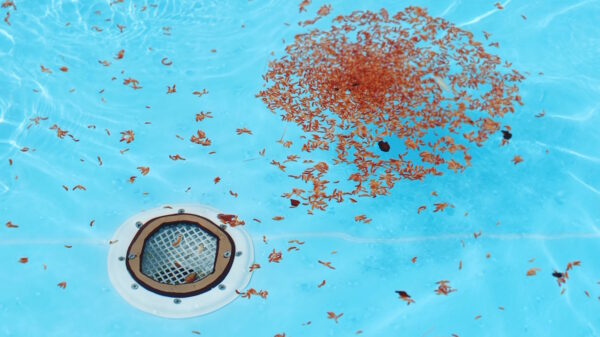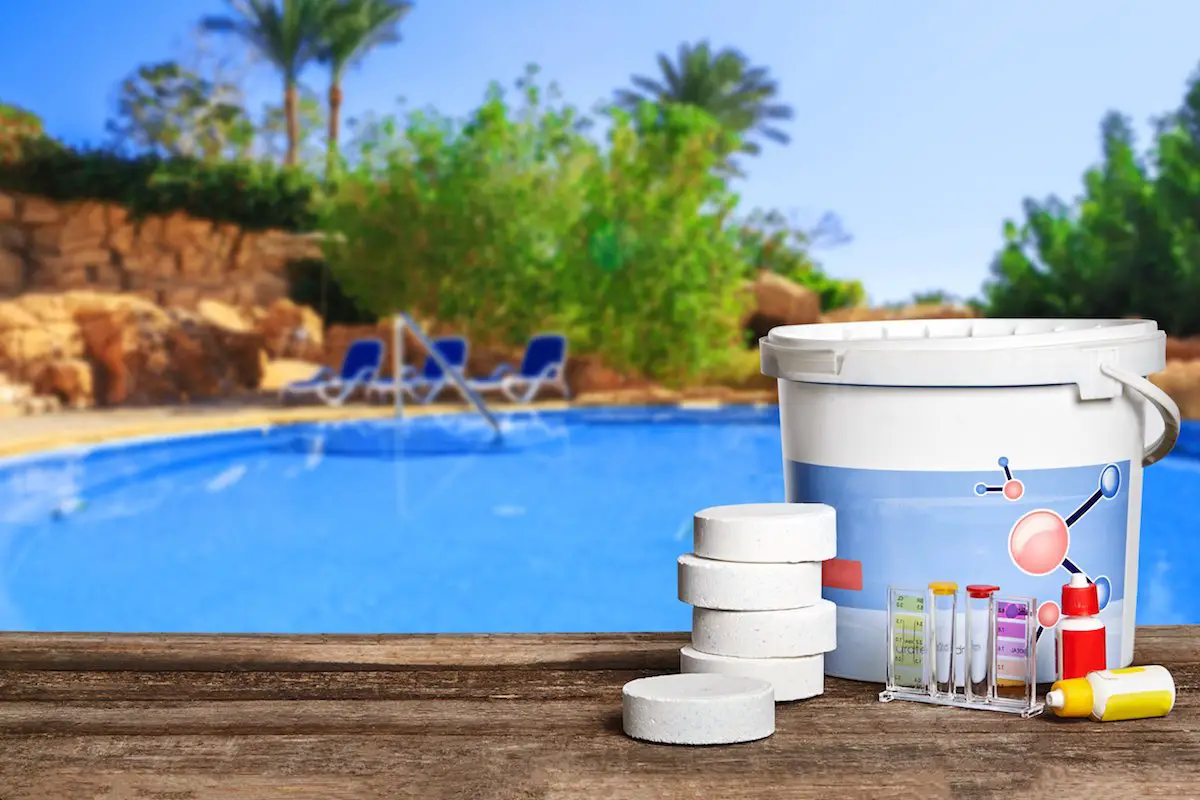Are you considering a saltwater system for your above ground pool? Saltwater systems have gained popularity in recent years due to their numerous advantages over traditional chlorine-based pool systems. However, as with any technology, there are both pros and cons to using saltwater systems for above ground pools. In this article, we will explore the various aspects of saltwater systems and weigh their advantages and disadvantages. By the end, you’ll have a better understanding of whether a saltwater system is the right choice for your above ground pool.
Pros of Saltwater Systems for Above Ground Pools
Saltwater systems offer several benefits that make them an attractive option for above ground pools. Let’s take a closer look at some of the advantages:
1. Healthier Swimming Environment
One of the key advantages of saltwater systems is that they provide a healthier swimming environment. Traditional chlorine-based systems use harsh chemicals that can irritate the skin, eyes, and respiratory system. In contrast, saltwater pools utilize salt to produce chlorine naturally, resulting in water that is gentler on the skin and eyes. This is particularly beneficial for individuals with sensitive skin or allergies.
2. Reduced Maintenance
Maintaining a pool can be a time-consuming task, but saltwater systems simplify the process. Once you’ve installed a saltwater system, you no longer need to handle and store chlorine chemicals. The system generates the required chlorine automatically, reducing the need for regular monitoring and chemical adjustments. This saves you time and effort in maintaining the water chemistry of your above ground pool.
3. Cost Savings in the Long Run
While the upfront cost of installing a saltwater system may be higher than that of a traditional system, you can save money in the long run. Salt is less expensive than chlorine, and you won’t need to purchase and replenish chlorine tablets or liquid regularly. Additionally, the reduced maintenance and longer lifespan of saltwater systems can result in lower overall maintenance costs over time.
4. Softer Water Feel
Swimming in a saltwater pool can be a more pleasant experience for many people. The water in a saltwater pool has a softer feel compared to chlorinated water. It lacks the strong chemical odor associated with chlorine and leaves your skin feeling smoother. This makes swimming in a saltwater pool a more enjoyable and refreshing experience.
5. Lower Chlorine Odor
Chlorine-based pools often have a distinct odor that can be unpleasant for some individuals. Saltwater systems produce chlorine through a natural electrolysis process, resulting in a lower concentration of chlorine in the water. As a result, saltwater pools have a milder and less overpowering chlorine smell, making the pool area more pleasant for both swimmers and bystanders.
6. Environmentally Friendly
Saltwater systems are generally considered more environmentally friendly than traditional chlorine-based systems. They reduce the need for chemical storage and transportation, minimizing the associated environmental impact. Additionally, saltwater pools require fewer chemicals and reduce the discharge of chlorinated waste into the environment.

Cons of Saltwater Systems for Above Ground Pools
While saltwater systems offer numerous advantages, it’s essential to consider their disadvantages before making a decision. Let’s explore some of the cons associated with saltwater systems:
1. Higher Initial Cost
One of the primary drawbacks of saltwater systems is the higher upfront cost compared to traditional chlorine-based systems. Saltwater systems require the installation of a chlorine generator, which can be an additional expense. However, it’s important to consider the long-term cost savings and benefits to determine whether the initial investment is worthwhile.
2. Potential Corrosion
Saltwater systems use salt to generate chlorine, and the increased salt content in the water can lead to corrosion in certain pool components. Metal parts, such as ladder rails, screws, and pool heaters, may be more susceptible to corrosion in a saltwater pool. Regular maintenance and monitoring of these components can help prevent or minimize corrosion issues.
3. Risk of Equipment Damage
In addition to potential corrosion, saltwater systems can pose a risk of equipment damage if not properly maintained. The salt content in the pool water can accelerate the wear and tear of certain pool equipment, such as pumps, filters, and heaters. Regular inspection, cleaning, and maintenance of the equipment are essential to ensure its longevity and proper functioning.
4. Need for Electricity
Saltwater systems require electricity to operate the chlorine generator. This means you’ll need a power source near your above ground pool to run the system effectively. If your pool area doesn’t have a readily available power supply, you may need to make electrical arrangements, which could involve additional costs.
5. Potential Saltwater Taste
While many people enjoy the softer feel of saltwater, some may not appreciate the slight salt taste that accompanies it. The taste can be noticeable when accidentally ingesting pool water, such as during swimming or splashing. However, the salt level in a properly maintained saltwater pool is usually minimal and should not be a significant concern for most swimmers.
6. Limited Compatibility
Saltwater systems may not be compatible with all above ground pool materials and finishes. Certain pool liners, coatings, or equipment may not withstand the corrosive effects of saltwater. It’s crucial to check with the pool manufacturer or a professional to ensure that your pool is suitable for a saltwater system before making the switch.

How Saltwater Pool Systems Work
Saltwater pool systems work through a process called electrolysis, which involves converting salt into chlorine to sanitize the pool water. Here’s a closer look at how saltwater pool systems operate:
1. Salt Dissolution
The first step is to add pool salt to the pool water. The recommended salt level for a saltwater pool is typically around 3,000 to 4,000 parts per million (ppm). When the salt dissolves in the water, it forms sodium chloride, which is commonly known as table salt.
2. Salt Cell
A salt cell, also known as a chlorine generator, is installed in the pool’s circulation system. It contains electrically charged metal plates or electrodes that are coated with a special material, such as titanium or ruthenium oxide.
3. Electrolysis
As water flows through the salt cell, a low-voltage direct current is applied to the metal plates. This electric current triggers an electrolysis process. The dissolved salt in the water is split into its component ions: sodium ions (Na+) and chloride ions (Cl-).
4. Chlorine Generation
The chloride ions produced during electrolysis combine with the water to form hypochlorous acid (HOCl), which is a type of chlorine. Hypochlorous acid is a powerful disinfectant that effectively kills bacteria, algae, and other contaminants in the pool water.
5. Continuous Cycle
The chlorine generated through electrolysis is then released into the pool water, where it sanitizes the pool by oxidizing organic matter and killing microorganisms. After performing its sanitizing function, the chlorine reverts back to chloride ions and begins the process again.
6. pH Regulation
It’s important to regularly monitor and maintain the pH level of the pool water when using a saltwater system. The electrolysis process can raise the pH level over time, so periodic adjustments may be necessary to ensure the water remains properly balanced.
By utilizing the natural properties of salt and the process of electrolysis, saltwater pool systems provide a continuous supply of chlorine to keep the pool water clean and sanitized. This eliminates the need for frequent manual addition of chlorine and reduces the associated maintenance tasks.
FAQs about Saltwater Systems for Above Ground Pools
1. Are saltwater systems suitable for all above ground pools?
While saltwater systems are compatible with many above ground pools, it’s important to check with the pool manufacturer or a professional to ensure compatibility with your specific pool.
2. Can I convert my existing chlorine-based above ground pool to a saltwater system?
In most cases, you can convert a chlorine-based pool to a saltwater system. However, it may involve additional installation and modifications. Consult a pool professional to determine the feasibility of conversion for your pool.
3. How often do I need to add salt to a saltwater pool?
Salt levels in a saltwater pool typically remain stable unless there is excessive water loss due to evaporation or splashing. You may need to add salt occasionally to maintain the desired salt concentration, but it is generally not a frequent requirement.
4. Do saltwater systems completely eliminate the need for chlorine?
Saltwater systems generate chlorine through electrolysis, which reduces the need for manually adding chlorine. However, a small amount of chlorine is still present in the water to maintain sanitation. It’s important to regularly test and balance the pool water to ensure proper chlorination.
5. Can saltwater systems cause skin irritation?
Saltwater systems are generally considered gentler on the skin compared to traditional chlorine-based systems. However, individual sensitivities may vary. If you have concerns about skin irritation, it’s recommended to test the water before committing to a saltwater system.
6. Are saltwater systems more suitable for certain climates?
Saltwater systems can be used in various climates. However, extreme temperatures and weather conditions may affect the pool water chemistry and require additional monitoring and adjustments. Consulting a pool professional can help determine the system’s suitability for your specific climate.
Conclusion
Saltwater systems offer several advantages for above ground pools, including a healthier swimming environment, reduced maintenance, cost savings in the long run, softer water feel, lower chlorine odor, and environmental friendliness. However, it’s important to consider the higher initial cost, potential corrosion and equipment damage, the need for electricity, potential saltwater taste, and limited compatibility with certain pool materials. By weighing the pros and cons, you can make an informed decision about whether a saltwater system is the right choice for your above ground pool.


